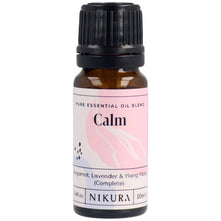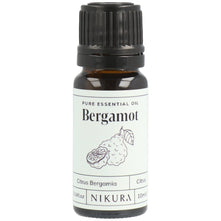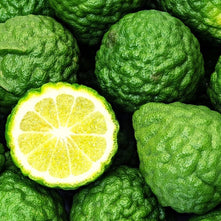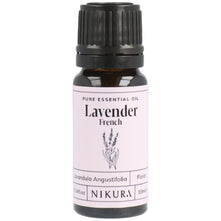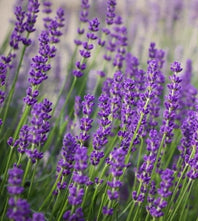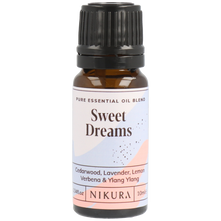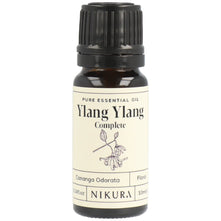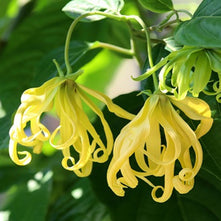- Home
- Soap Making Supplies
Soap Making Supplies
Information
Ever considered the prospect of making your own homemade soap before?
Soap making has taken the crafting world by storm - not only because of the unique and creative options available but also because of its genuine, everyday practicality around the home.
While it may not be the easiest craft to master right away, choosing the right soap supplies to make your homemade creations flourish can really make the difference in unlocking a new, lifelong passion.
We’ve broken down exactly what you’ll need in your soap making kit below, as well as a brief snippet on how to get started with crafting them at home.

What supplies do you need to make soap?
The great thing about soap is that it can be endlessly customised - allowing you to add dyes, glitters and dried botanicals to your heart’s desire.
For beginners to soapmaking, however, all these prospects can seem understandably daunting. That’s why we’re outlining only the basics of what you’ll need here (and then you can worry about the rest later!).
You will need:
- Melt & Pour Crystal Soap Base
- Distilled water
- Fractionated coconut oil
- Shea butter
- Olive oil
- Castor oil
- Your choice of fragrance oils or essential oils
- A soap mould
It may also be worth your while to grab some tools like gloves, goggles, an infrared thermometer, and some easy-pour containers to make your life a little easier.
For a full list of ingredients, as well as all the measurements you’ll need, check out our beginner’s guide to soapmaking.

Should I choose fragrance oils or essential oils for my soap?
Some crafters swear by the aromatherapy benefits that an essential oil can provide, but this doesn’t automatically make them the best choice for your soap.
The appeal of essential oils largely falls on their all-natural structures, as well as their antibacterial properties that can add extra leverage to the effectiveness of your soap creations.
That being said, a lot of hobbyists also opt for the convenience and flexibility that a fragrance oil can provide.
Often, fragrance oils are crafted specifically for use in soaps and other related products, meaning their scents tend to be stronger as well as easier to navigate during the soap making process.
They also offer more unique scent possibilities, like fresh linen or ocean breeze, that essential oils can’t provide.
Find out more about the differences between essential oils and fragrance oils.
How to make soap at home
With all crafting projects, we always recommend following a trusted recipe before getting started.
We’ll be going through some of the basics below, but be sure to visit our beginner’s guide to soap making for a more detailed method.
- Pour your lye crystals into your distilled water and leave them to dissolve. Once dissolved, set to one side. If you’re using a melt and pour base, cut this into squares and melt on low heat.
- Melt the coconut oil and shea butter in a pan on low heat until melted. Set aside.
- In a separate dish, combine the olive oil, castor oil, and your chosen essential oils or fragrance oils. Mix together.
- Add your oils into the pan with your coconut oil and shea butter. Allow it to cool.
- Pour the lye water through a sieve into your oil pan. Stir.
- Use a stick blender on and off to combine the mixture until it has a thin consistency.
- Quickly pour the mixture into your chosen mould.
- Put your soap in the fridge for 48 hours, then take out and cut into bars. Leave to cure for 28 days in a cool, dry place.
Can I buy soap making supplies wholesale?
If you're a business owner looking for wholesale soap supplies, you can fill in our wholesale form to learn more about what we offer.
Frequently Asked Questions
The cost of soap making can vary depending on the type of soap you plan to make, the quality of ingredients, and where you source them from. Basic soap making involves ingredients like lye, water, and oils, which are generally affordable.
Then you’ll need some fragrance oils to make your soap smell fantastic!
Though this seems more expensive than buying soap, it is much cheaper than buying soap when done in bulk - it is also a lot of fun!
Making soap at home can be relatively straightforward once you understand the process and safety measures.
The simplest method is melt-and-pour soap making, where you melt premade soap bases, add your choice of oils, scents, or other additives, and pour into a mould to set. This method is beginner-friendly and doesn't involve handling lye.
Cold process soap making is more complex, involving a chemical reaction between lye and fats or oils. It requires precise measurements, understanding of the saponification process, and strict safety precautions due to the caustic nature of lye.
Though there's a learning curve, many find soap making a rewarding and creative hobby.
Yes! It is possible to make money selling homemade soap. Many soap makers start small, selling to friends, family, or at local craft fairs or markets.
With high-quality ingredients, unique designs, and appealing scents, you can attract customers seeking artisanal and natural products.
Building a customer base through online platforms or creating your own website can expand your reach.
However, it's important to consider factors such as production costs, packaging, marketing, and compliance with regulations and labelling requirements.
Related Articles:
Products


Apple & Cinnamon Fragrance Oil | Fine Fragrance
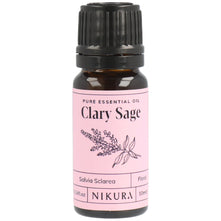
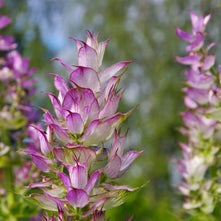
Clary Sage Essential Oil Salvia Sclarea


Cosy Fireplace Fragrance Oil | Fine Fragrance


Highland Waterfall Fragrance Oil | Fine Fragrance
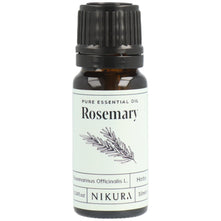
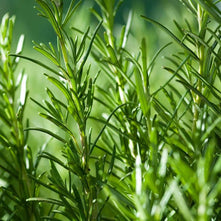
Rosemary Essential Oil Rosemarinus Officinalis L.
What’s the purpose of using carrier oils for soap making?
Carrier oils like coconut oil and castor oil are great assets to your homemade soap.
Not only do they add more skin-loving benefits - like extra moisture and nourishment thanks to their vitamins and fatty acids - but they also allow your soap bars to last a lot longer and feel a lot firmer.
Provided your chosen carrier oils have a published saponification value, they can be an incredibly useful and arguably necessary tool for keeping your soaps in good nic.




















